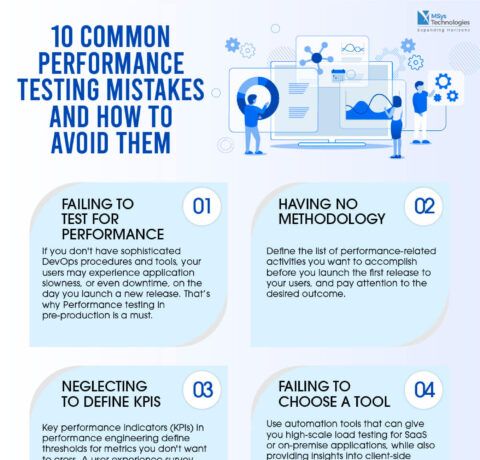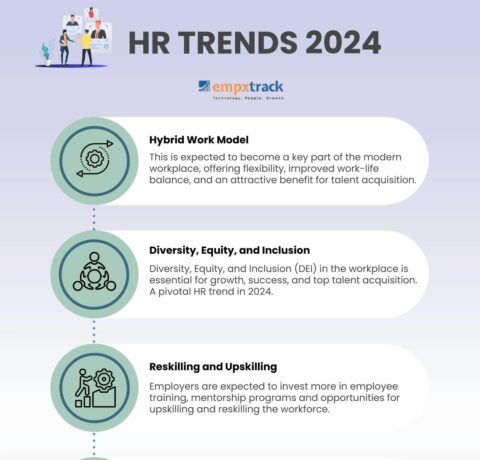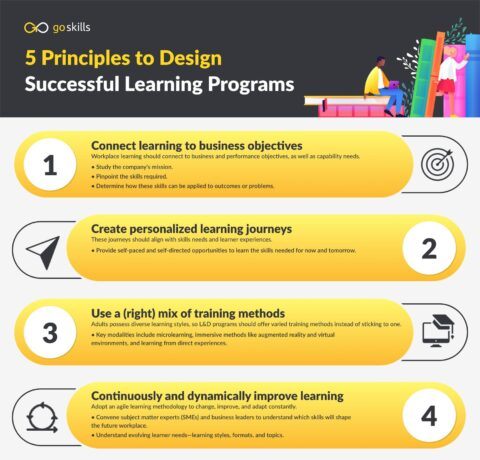Encouraging Everyday Messy Learning Infographic
Most successful companies make a substantial investment into workplace learning initiatives. Companies that embrace modern approaches to workplace learning initiatives also receive a substantial boost to productivity, better employee retention, and improved product quality.
But how do you make learning interesting for employees and encourage them to improve their skills? Traditional forms of workplace training can feel regimented and boring to many employees. Employees often feel like training sessions are mundane and not directly relevant to their workplace performance.
The key to having successful workplace learning is to reduce the emphasis on formal learning obtained in workshops and to use more informal learning - the kind of learning that most of us are used to in the real world. Children are great exponents of messy learning. Somehow, we try to formalise learning too soon and once most of us have gone through the school system, our ability to learn has become less adaptable and flexible.
Informal learning is usually a messy experience — people haphazardly pick up new skills and knowledge as they attempt to complete new tasks. It often involves mistakes and trying many solutions before reaching the right one. We often refer to this type of learning as messy learning. It always involves learning new skills, asking questions, brainstorming, being creative, making mistakes then learning from them, finding information and collaborating with others. Think of it as the natural way that people learn new things.
Messy learning can be incorporated into the workplace in a number of ways. Project-based learning initiatives are particularly useful for encouraging messy learning and developing the skills of your employees. These learning initiatives involve employees being given a specific set of project goals they must achieve — but they must discover the best way to reach those goals by themselves.
1. Outline the goals of the project
The project should have specific goals that challenge employees and require them to learn new skills. The outcomes of the project don’t have to directly benefit the business but the skills that employees learn should be relevant. The projects that work best are multi-disciplinary and encourage employees with different skills to work together. While the goals of the project should be firm, employees should be given the freedom to learn as they see fit and try new approaches.
2. Include resources that you wish employees to learn from
While messy learning involves giving employees a great deal of freedom, they should have the resources necessary to complete the project. That includes textbooks, help from other employees, and online eLearning resources. eLearning is particularly useful for messy learning, because workers can obtain the information they need very quickly.
3. Step back and allow employees to engage with one another
Informal learning often involves having conversations with co-workers and sharing knowledge. Encourage employees to impart their knowledge to their co-workers. Many of the “eureka moments” that occur when learning something new are a result of employees brainstorming with one another — encourage this form of messy learning. Expect the group to go in unexpected directions that don’t always work out. While messy learning is usually a hands-off approach for facilitators, be available to provide advice if the group becomes stuck.
4. Remember that learning comes from failure as well as success
Messy learning involves frustration, inspiration, collaboration, and eventually — success. Participants stumble along, uncovering new ideas, learning new skills, and developing bonds with their co-workers. Don’t be afraid of mistakes or failure. Everything is a learning opportunity, with invaluable skills and knowledge being accumulated throughout the process.
5. Set milestones and manage time
Although the learning process is largely unguided, there must be clearly defined milestones and a timeline.
6. Evaluate what was learnt
After the project has been completed, use discussions and surveys to learn what new knowledge and skills have been obtained by employees. You will be astonished by the new ideas that employees have come across while working together and the improvements that your business obtain from messy learning. Share the results of the project with other employees to motivate them.
Informal learning can also be encouraged in the workplace by giving employees the time and resources to incorporate learning into everyday actions. Try the following approaches to encourage informal learning:
- Encourage staff to regularly collaborate and share knowledge with one another
- Host regular lunch-and-learn events, where a speaker comes to your workplace to share knowledge
- Start an office library with useful books and links to online resources
- Each week, allot some time for collaborative projects and share the results of past projects
- By embracing messy learning, your employees will develop the skills necessary to overcome any obstacle!







You can adjust your cookie preferences here.